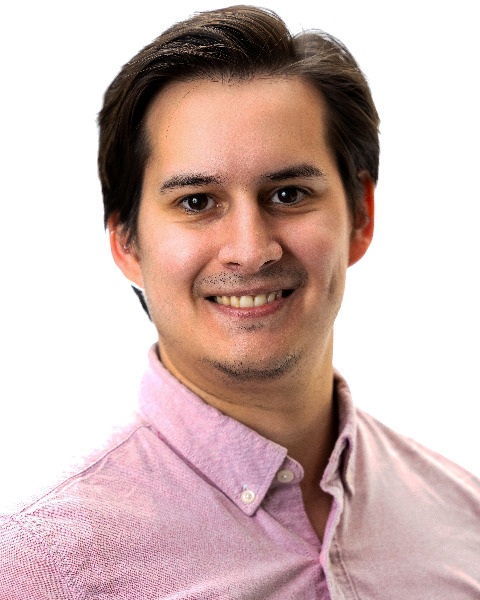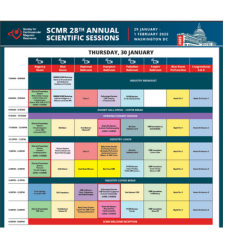
Carlos A. Castillo Passi, PhD
Research Engineer
Pontificia Universidad Catolica de Chile, Chile
Carlos Castillo-Passi began his academic journey at Pontificia Universidad Catolica de Chile (PUC), where he earned both a degree and an MSc in Electrical Engineering in 2018. He then pursued a PhD in Biological and Medical Engineering through a joint program between PUC and King’s College London (KCL), completing it with maximum distinction in 2024. His research focused on the design of low-field cardiac MRI sequences using open-source MRI simulations. In 2023, his work on open-source MRI simulations was highlighted by the editor of Magnetic Resonance in Medicine (MRM). Furthermore, his application of this work to low-field cardiac MRI earned him the Early Career Award in Basic Science from the Society for Cardiovascular Magnetic Resonance (SCMR) in 2024. In addition to his research, Carlos is an active member of JuliaHealth, contributing to the development of high-performance, reproducible tools for health and medicine. In 2025, he will join Stanford University as a postdoctoral researcher, where he will continue his work in cardiac MRI and open-source technologies. His research interests include quantitative MRI, cardiac MRI, pulse sequence design, GPU programming, and the development of open-source tools for medical applications.
Presentation(s):
-
KomaMRI.j: Device-Agnostic, Highly Efficient, Pulseq-Compatible MRI Simulations
Thursday, January 30, 2025
1:30 PM - 1:45 PM East Coast USA Time -
Discuss and Meet-the-Developers: CMR Innovations: Open-Source CMR Software 1
Thursday, January 30, 2025
2:15 PM - 2:30 PM East Coast USA Time -
Highly efficient free-running cardiac joint T1/T2 mapping at 0.55 T (RF_TH_188)
Thursday, January 30, 2025
1:30 PM - 2:30 PM East Coast USA Time -
Free-running Cardiac MRF for Simultaneous T1, T2 Mapping and Cine Imaging at 0.55 T (RF_TH_280)
Thursday, January 30, 2025
6:00 PM - 6:10 PM East Coast USA Time -
Thursday, January 30, 2025
6:10 PM - 6:20 PM East Coast USA Time

